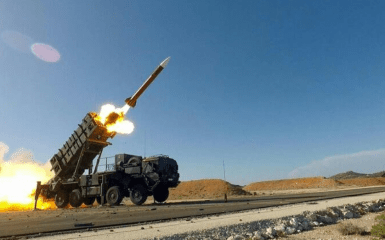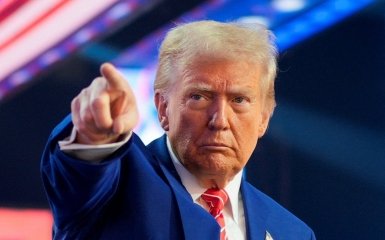Spain will not be able to hand over the entire Patriot batteries to Ukraine, but the country will send a batch of missiles for these systems. The decision to transfer the missiles was a compromise after Spain refused to provide Ukraine with an entire Patriot battery.
Spain plans to transfer Patriot missiles to Ukraine
Spain has three Patriot batteries, but one of them has been deployed on the border with Turkey and Syria since 2013, and the other two are based at a marine base in Valencia. It is one of the Valencian batteries used to train the Ukrainian and Spanish military to work with the Patriot.
The Spanish Ministry of Defense initially categorically refused to hand over Patriot batteries to Ukraine, explaining that they were critical to the country's defence capabilities and that the Spanish army lacked the personnel to service them.
However, Spain agreed to provide Ukraine with a batch of Patriot missiles.
The number of missiles to be transferred has not been disclosed, but it is likely to be limited, as Spain's total stockpile of Patriot missiles is about 50 units, and the missiles themselves are expensive.
Ukraine needs an urgent strengthening of air defence
Russian strikes on energy facilities in Ukraine once again showed the urgent need for effective air defence systems.
Considering these events, Germany has already promised to provide an additional Patriot system, and Ukraine is actively seeking other sources of supply for these critically essential complexes.
According to President Volodymyr Zelenskyy, 25 Patriot systems are needed to fully protect Ukrainian skies from Russian drones and missiles.
Minister of Foreign Affairs Dmytro Kuleba clarified that Ukraine has counted 100 free Patriot systems in the world, and is trying to get 7 of them.
In addition to 7 Patriots, Ukraine is also negotiating the supply of 4 more batteries.
It is impossible to overestimate the need to strengthen the air defence of Ukraine immediately.
Russian attacks on energy infrastructure cause significant damage to civilian facilities and endanger lives.
Patriot systems can significantly improve Ukraine's defence capabilities and protect it from enemy airstrikes, missiles, and drone attacks.









